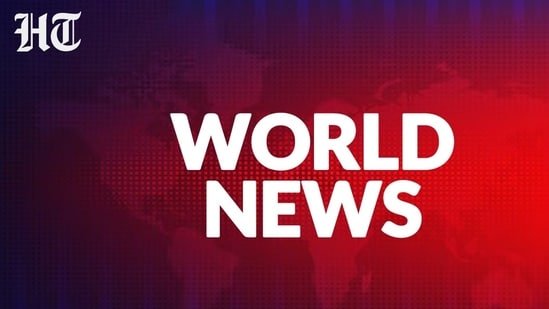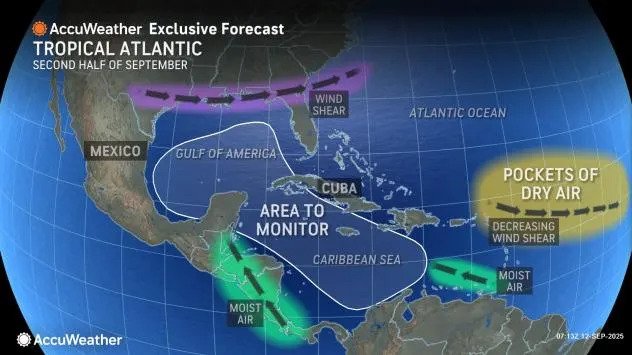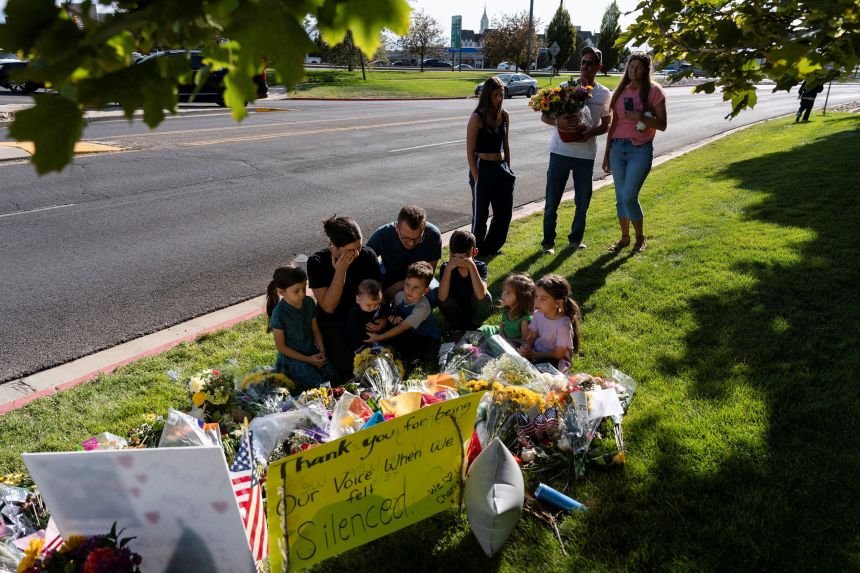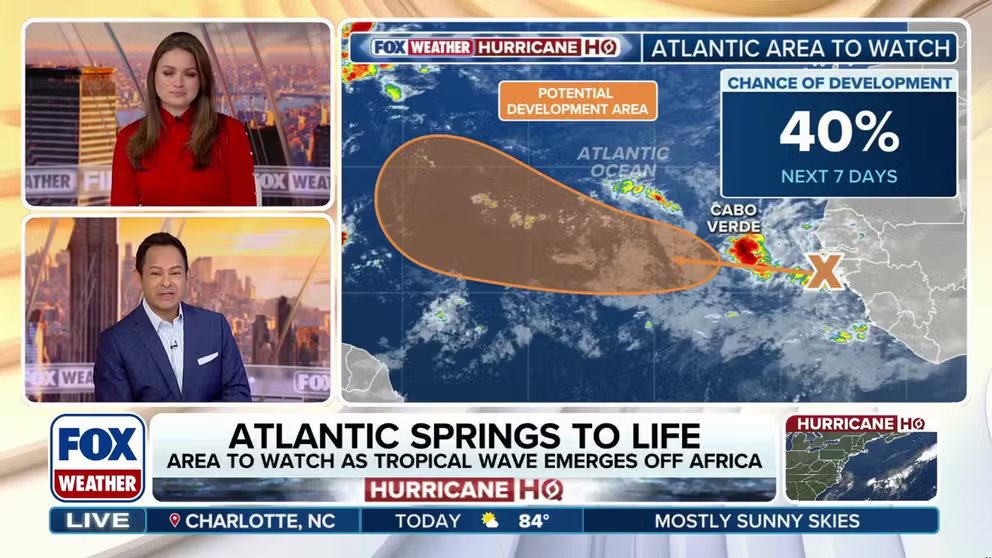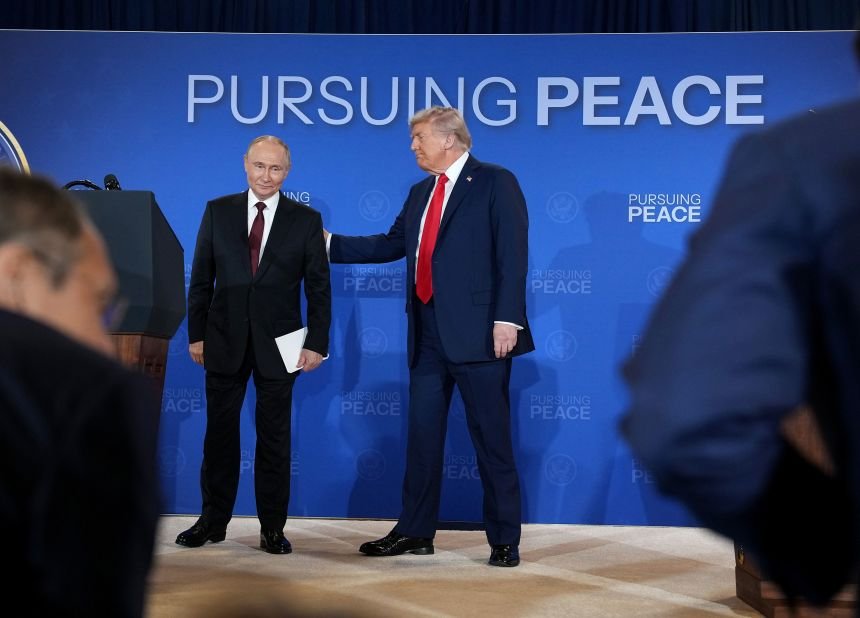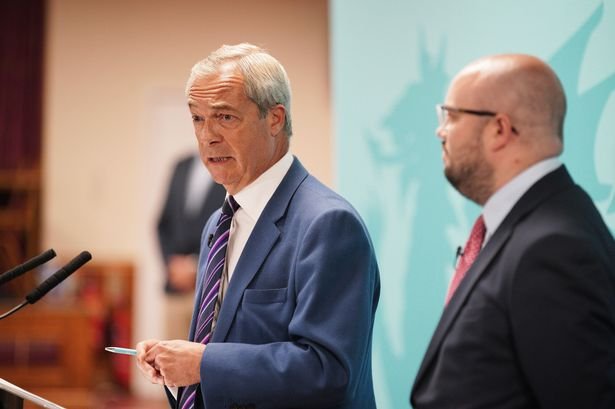Iran and the International Atomic Energy Agency signed an agreement Tuesday in Cairo to pave the way for renewed cooperation, including steps toward relaunching inspections of Iranian nuclear facilities months after relations collapsed during a war with Israel.
The announcement followed a meeting among Egyptian Foreign Minister Badr Abdelatty, Iranian Foreign Minister Abbas Araghchi and IAEA Director General Rafael Grossi.
Newsweek has reached out to the U.S. State Department via email on Tuesday evening for comment.

In this handout photo released by Egyptian Foreign Ministry Press Service, Iranian Foreign Minister Abbas Araghchi, right, and Director General of the International Atomic Energy Agency (IAEA) Rafael Grossi, left, an sign an agreement to open the way for resuming cooperation, at Tahrir Palace in Cairo, Egypt, Tuesday, Sept. 9, 2025.
Associated Press
Why It Matters
Relations between Iran and the IAEA have been fraught since early July, when Iranian President Masoud Pezeshkian signed a law suspending all cooperation with the U.N. nuclear watchdog. The legislation came in the wake of Israel’s 12-day air war with Iran in June, during which Israeli and U.S. strikes targeted key nuclear sites. The IAEA board declared on June 12 — just before Israel’s strikes — that Iran had breached its non-proliferation obligations.
Since then, the only facility inspected has been the Bushehr Nuclear Power Plant, operated with Russian technical assistance. Inspectors were permitted to observe a fuel replacement process there over two days beginning Aug. 27, but access to Iran’s wider program remained blocked.
What To Know
The IAEA has repeatedly warned that inspectors have been unable to verify Iran’s growing stockpile of highly enriched uranium, calling the situation “a matter of serious concern.” A confidential report circulated to member states said Iran held 972 pounds of uranium enriched up to 60% as of June 13.
If that material were enriched further to 90%, the threshold for weapons-grade uranium, it could be enough to produce 10 nuclear bombs, according to IAEA calculations. However, building an actual weapon would require additional technology, such as a detonation device.
Araghchi said Tuesday’s deal addresses both Iran’s security concerns and its expectations of cooperation with the IAEA. Speaking after the signing, Grossi said the agreement was primarily technical in nature but underscored the urgent need for inspectors to regain access inside Iran.
Egypt played a central role in brokering the deal. The Egyptian Foreign Ministry said the agreement was the result of “intensive” diplomatic efforts, while President Abdel-Fattah el-Sissi emphasized that the IAEA has a critical role in supporting nuclear non-proliferation. He also highlighted the Non-Proliferation Treaty’s guarantee of the right of member states to the peaceful use of atomic energy.
The timing of the deal is sensitive. On Aug. 28, France, Germany and the United Kingdom began the process of reimposing sanctions on Iran, arguing that Tehran has failed to comply with its obligations under the 2015 nuclear agreement with world powers. That agreement was designed to block Iran from developing nuclear weapons, though Iran insists its program is peaceful.
The so-called “snapback” process — written into the 2015 deal to be veto-proof at the U.N. — is set to take effect in about a month. Unless an agreement is reached, sanctions will automatically resume at the end of the 30-day period.
European governments have left the door open to an extension of the deadline if Iran resumes direct talks with the United States, restores full access for IAEA inspectors, and accounts for the more than 400 kilograms of highly enriched uranium the agency says it has stockpiled.
Under its agreement with the IAEA, Iran is obliged to issue a “special report” on the location and condition of its nuclear materials following significant events such as armed attacks or natural disasters, a senior diplomat told the Associated Press on condition of anonymity to discuss sensitive negotiations.
What People Are Saying
Araghchi said, “The agreement lays out technical requirements for cooperation with the agency.”
Grossi said at a joint news conference, “This indispensable inspection work needs to resume in Iran under the treaty of non-proliferation of nuclear weapons. It’s a step in the right direction.”
European Union foreign policy chief Kaja Kallas cautiously welcomed the agreement announced in Cairo on X: “Today’s framework deal for resuming inspections of Iran’s nuclear facilities could mark a crucial step for nuclear diplomacy, provided there is rapid implementation by Iran.”
What Happens Next
Whether the new framework can restore trust and avert a broader confrontation may depend on how quickly inspectors are allowed back into Iran and whether Tehran follows through on its promises.
Araghchi warned that Tehran would not consider the deal binding under all circumstances. In the event of any hostile act against Iran, including the reimposition of U.N. sanctions, Tehran would regard the agreement with the IAEA as terminated.”
Update: 9/9/25, 6:30 p.m. ET: This article was updated with new information and remarks.
This article includes reporting by the Associated Press.

